Eighty-two years ago, on December 5, 1933, Amendment XXI to the US Constitution was ratified, repealing Amendment XVIII which had mandated nationwide Prohibition on alcohol on January 17, 1920. The Twenty-First Amendment is the only one of the 27 amendments of the U.S. Constitution to repeal a prior amendment. It is also unique as having been ratified by state ratifying conventions rather than by state legislatures.
The story of National Prohibition of alcohol and its ultimate repeal seems an historical oddity with little meaning for 21st Century life. Yet only recently in November 2012, voters in Colorado and Washington voted to legalize the production and sale of cannabis for social use, a first not only in the United States but also the world. Medical cannabis is now legal in twenty states and Washington, D.C., and many Americans use it in place of conventional pharmaceuticals. Nevertheless the federal government continues to raid and arrest people: 49.5 percent of all drug-related arrests involve the sale, manufacture, or possession of cannabis.
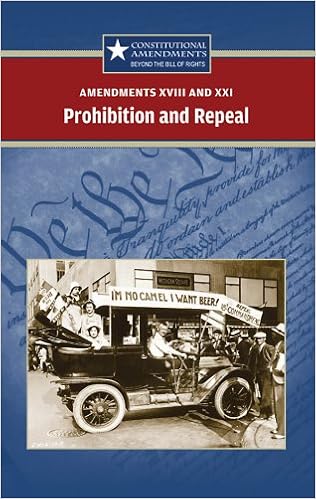 The story of alcohol prohibition under the Volstead Act is worth reviewing. Much of it is told in the Brooklyn Law Library’s copy of Amendments XVIII and XXI: Prohibition and Repeal by Sylvia Engdahl (Call # KF3919.A844 2009). Its 160 pages discuss the social and cultural forces that lead to Prohibition, the unintended consequences of the Eighteenth Amendment, the passage of the Twenty-first Amendment, and connections to the War on Drugs. National Prohibition was viewed by millions of Americans as the solution to the nation’s poverty, crime, violence, and other ills and they eagerly embraced it. After its adoption in 1920, Evangelist Billy Sunday staged a mock funeral for alcoholic beverages and then extolled on the benefits of prohibition. “The rein of tears is over,” he asserted. “The slums will soon be only a memory. We will turn our prisons into factories and our jails into storehouses and corncribs.” With the ban on alcohol which was seen as the cause of most, if not all, crime, some communities sold their jails.
The story of alcohol prohibition under the Volstead Act is worth reviewing. Much of it is told in the Brooklyn Law Library’s copy of Amendments XVIII and XXI: Prohibition and Repeal by Sylvia Engdahl (Call # KF3919.A844 2009). Its 160 pages discuss the social and cultural forces that lead to Prohibition, the unintended consequences of the Eighteenth Amendment, the passage of the Twenty-first Amendment, and connections to the War on Drugs. National Prohibition was viewed by millions of Americans as the solution to the nation’s poverty, crime, violence, and other ills and they eagerly embraced it. After its adoption in 1920, Evangelist Billy Sunday staged a mock funeral for alcoholic beverages and then extolled on the benefits of prohibition. “The rein of tears is over,” he asserted. “The slums will soon be only a memory. We will turn our prisons into factories and our jails into storehouses and corncribs.” With the ban on alcohol which was seen as the cause of most, if not all, crime, some communities sold their jails.
It soon became clear that Prohibition not only failed in its promises but actually created other serious and disturbing social problems leading to an increasing disillusionment by millions of Americans. Journalist H. L. Mencken wrote in 1925 that “Five years of prohibition have had, at least, this one benign effect: they have completely disposed of all the favorite arguments of the Prohibitionists. None of the great boons and usufructs that were to follow the passage of the Eighteenth Amendment has come to pass. There is not less drunkenness in the Republic but more. There is not less crime, but more. There is not less insanity, but more. The cost of government is not smaller, but vastly greater. Respect for law has not increased, but diminished.”
It was nine prominent New York lawyers, organized as the Voluntary Committee of Lawyers and chaired by eminent Park Avenue lawyer and Harvard Law School graduate Joseph H. Choate, Jr., who helped bring about Prohibition’s repeal. In 1927, the lawyers formed the VCL declaring as their purpose “to preserve the spirit of the Constitution of the United States [by] bringing about the repeal of the so-called Volstead Act and the Eighteenth Amendment.” With this modest platform they undertook first to draft and promote repeal resolutions for local and state bar associations. Their success culminated with the American Bar Association calling for repeal in 1928, after scores of city and state bar associations in all regions of the country had spoken unambiguously, in words and ideas cultivated, shaped, and sharpened by the VCL. For more on this remarkable story, see The VCL: Architects of Repeal by Richard M. Evans.
may want to learn more about the history and law of political campaigns in the United States. The library has several titles that may be of interest to you. Listed below are a select few. If you would like to see a complete list of the library’s titles on political campaigns in the United States, click on this link.

 Brooklyn Law School Library has many titles on securities arbitration.
Brooklyn Law School Library has many titles on securities arbitration. 
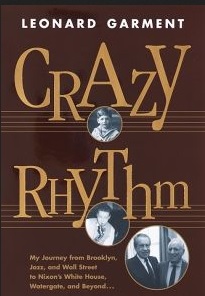
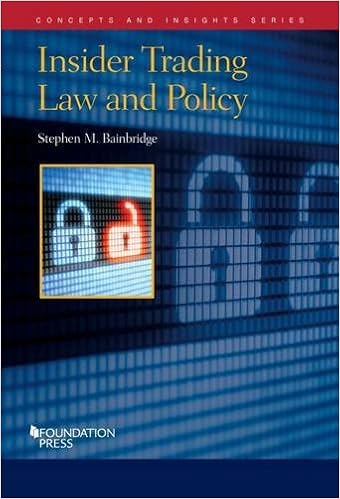 Brooklyn Law School Library has an extensive collection of material on insider trading, the latest of which is
Brooklyn Law School Library has an extensive collection of material on insider trading, the latest of which is 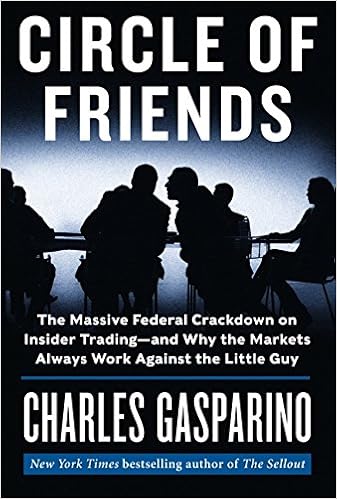 igh-profile area of the law. The author provides sufficient detail for a complete understanding of the subject without getting bogged down in minutiae. A second item in the BLS Library collection is worth reading:
igh-profile area of the law. The author provides sufficient detail for a complete understanding of the subject without getting bogged down in minutiae. A second item in the BLS Library collection is worth reading:  Attention all students! Remember to return your library books on or before Tuesday, December 22, 2015. It is the due date for all semester loans. If you do not turn in your books on or before December 22, you will incur fines. If you are unsure whether or not you have items checked out to you or if you have incurred any fines, you can log into your library account from the
Attention all students! Remember to return your library books on or before Tuesday, December 22, 2015. It is the due date for all semester loans. If you do not turn in your books on or before December 22, you will incur fines. If you are unsure whether or not you have items checked out to you or if you have incurred any fines, you can log into your library account from the 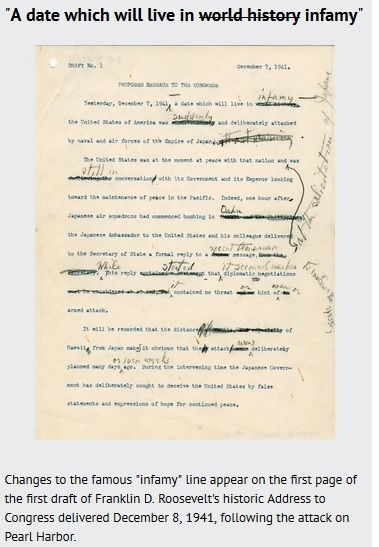
 The story of alcohol prohibition under the
The story of alcohol prohibition under the 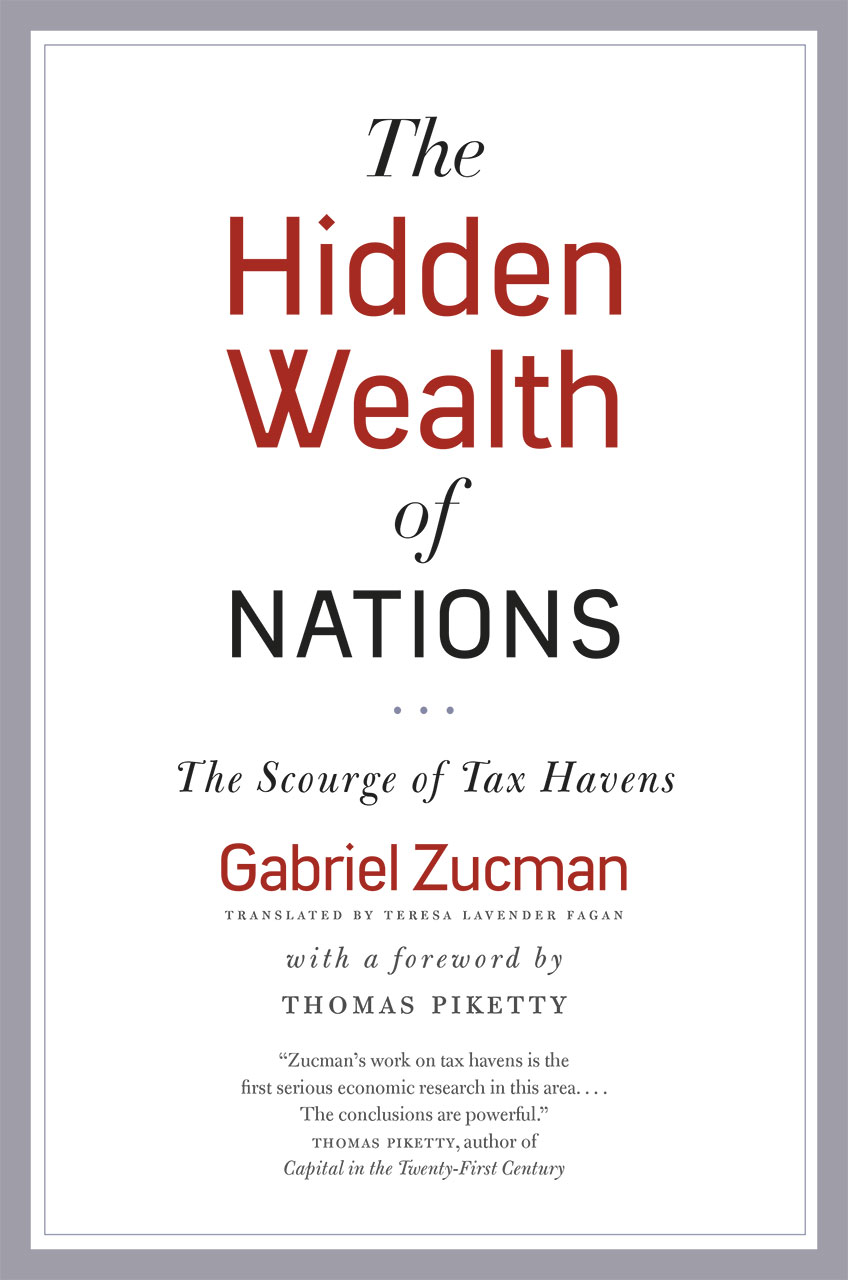 Also included is
Also included is  Readers interested on this topic may want to view
Readers interested on this topic may want to view  The Brooklyn Law School Library has long provided access to Bloomberg Law to the law school community. BLS users now have access to a new legal intelligence platform: the Privacy & Data Security through the Practice Centers tab where users can click on Intellectual Property. At the top left corner of the page is a purple banner that reads “Looking for
The Brooklyn Law School Library has long provided access to Bloomberg Law to the law school community. BLS users now have access to a new legal intelligence platform: the Privacy & Data Security through the Practice Centers tab where users can click on Intellectual Property. At the top left corner of the page is a purple banner that reads “Looking for 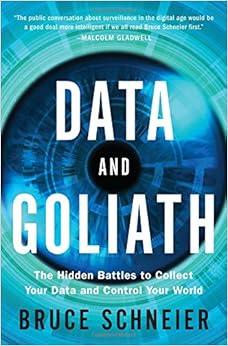 The BLS Library has many titles in its collection on the subject of data security. One of the latest is
The BLS Library has many titles in its collection on the subject of data security. One of the latest is